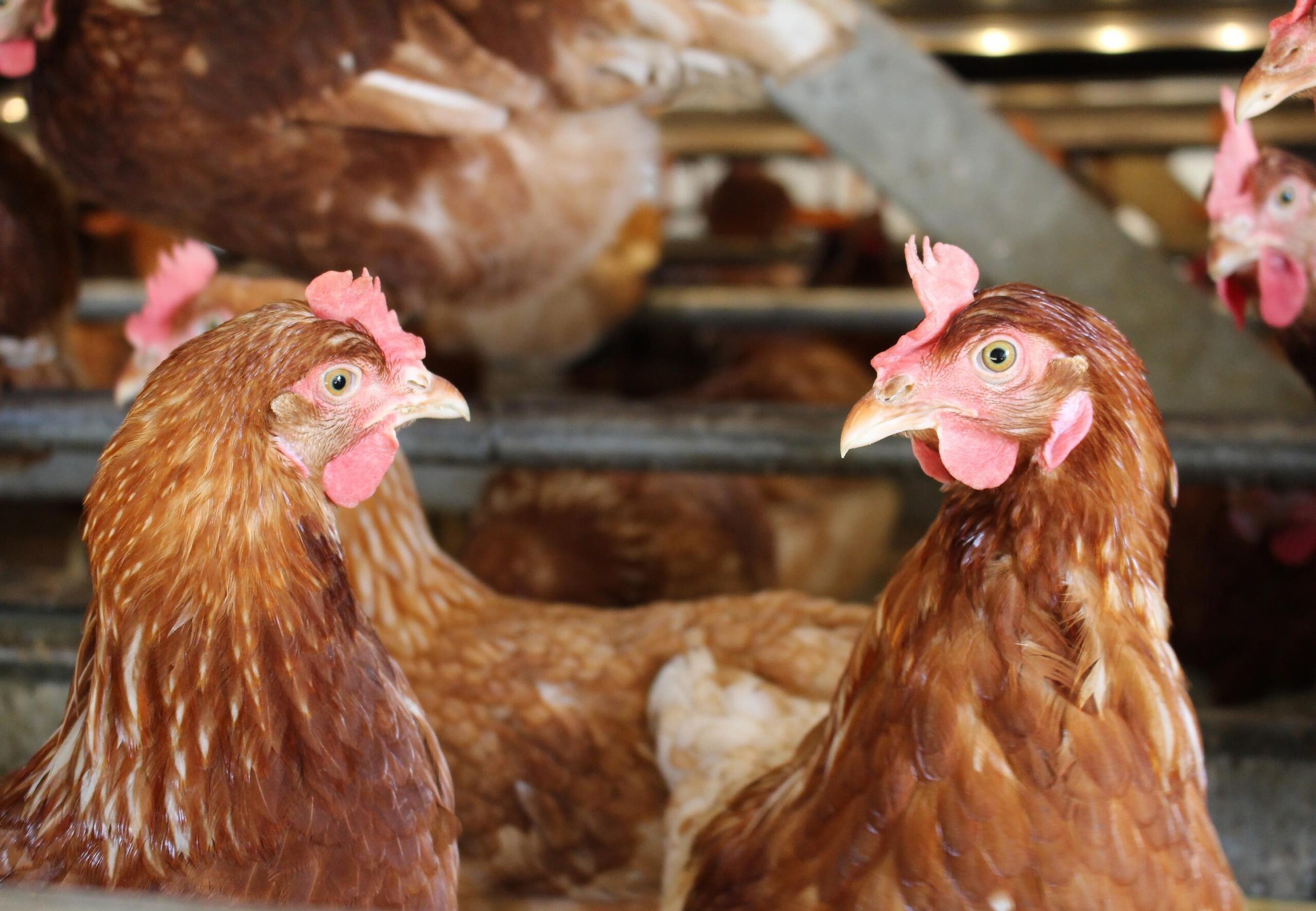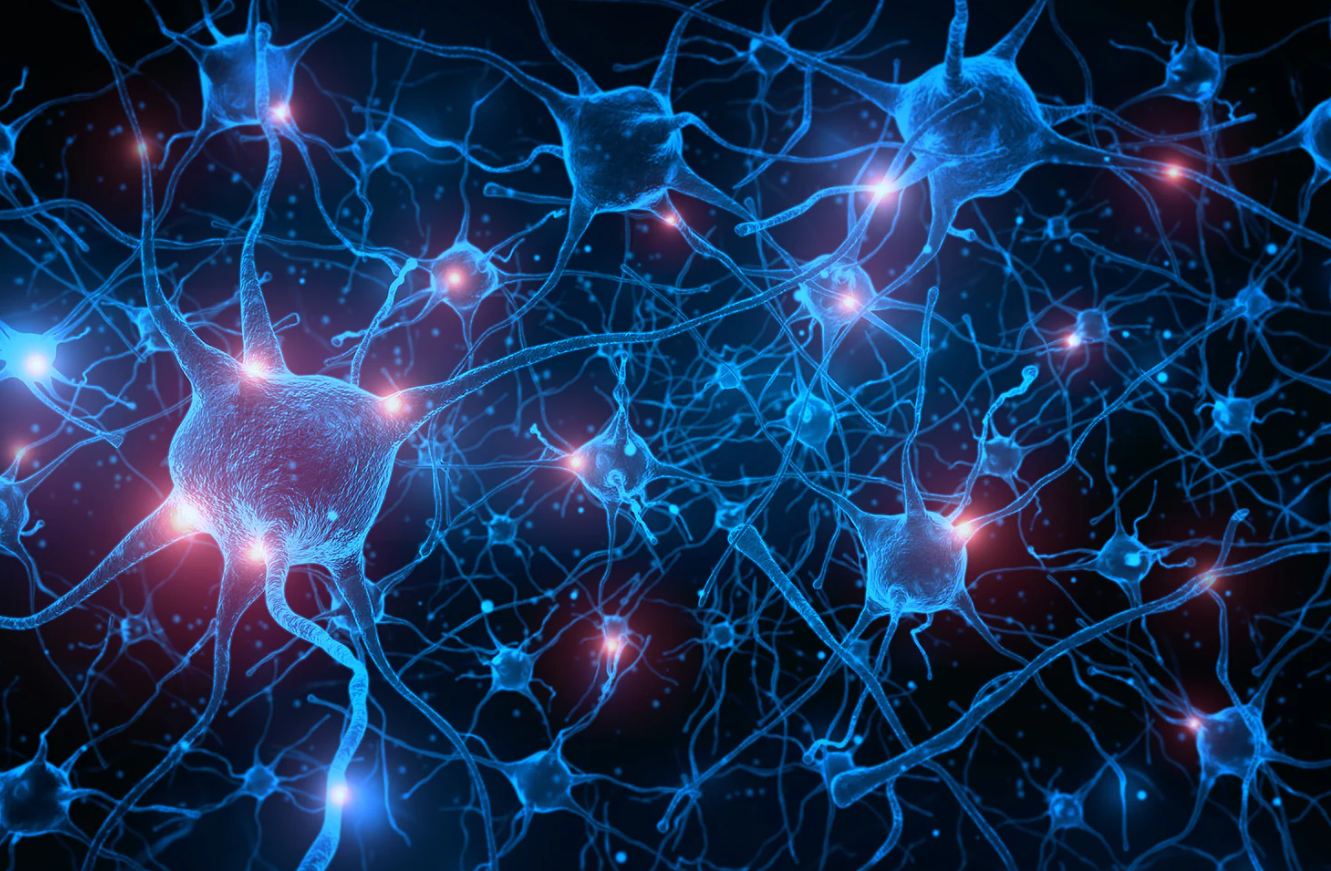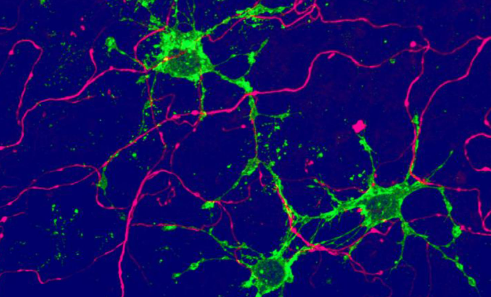Highlights

Sex Dependent Effects
Prenatal maternal stress can differentially impact the offspring neurodevelopment depending on its sex, corroborating with what was observed in physiological and behavioural studies.
Non-Neuronal Function
Non-neuronal cells have a critical role in supporting neuronal function and so these findings might hold implications for understanding the long-term consequences of prenatal maternal stress on brain function and affective pathology.

Limitations
Inability to discriminate Non Neuronal Cells
I find that PMS leads to reduced brain sizes in females, which in turn could be related to the decrease in non-neuronal cells. However, I am limited in drawing such conclusions because the procedure does not allow to discern the different types of non-neuronal cells within the brain we examined, nor does it enable us to analyse their size, structure, or composition
Homogeneization of hormonal allocation results
While my approach still allows to discern treatment effects between subjects receiving treatment and controls, having the means to consider hormonal concentrations in the egg could ensure a direct link between PMS effects and egg hormonal allocations.
Future Studies
Further would benefit from the integration of:
Behavioral Data

Integrating behavioural data could provide valuable insights into the long-term consequences of prenatal maternal stress on brain function and behaviour, both in chickens and potentially in humans.
Non-Neuronal Data

Discriminating the type of non-neuronal cells and their size could provide precious details on how prenatal maternal stress affects brain cellular composition.
Egg Hormonal Allocations

Investigating the specific effects of hormonal allocations in the egg on brain development to deepen our understanding on how hormones are involved in prenatal maternal stress mediation.